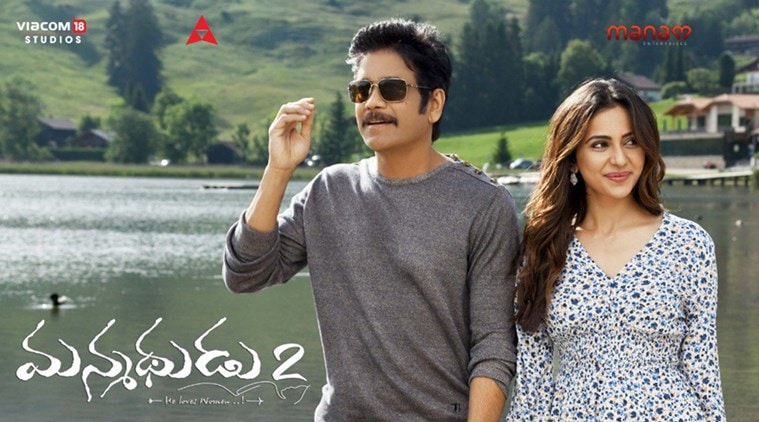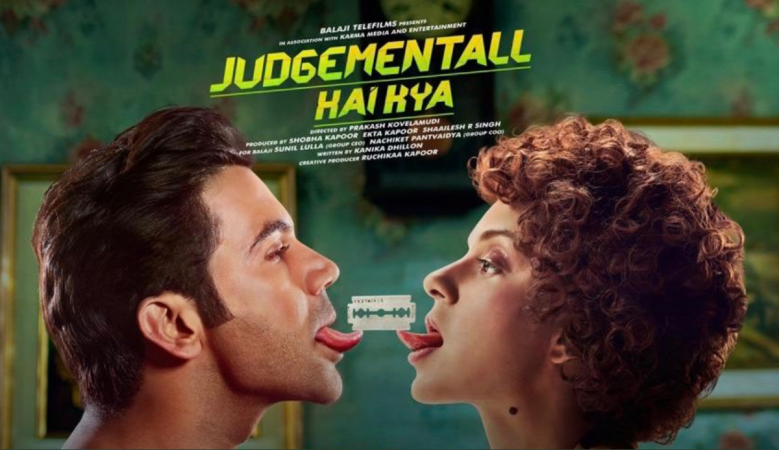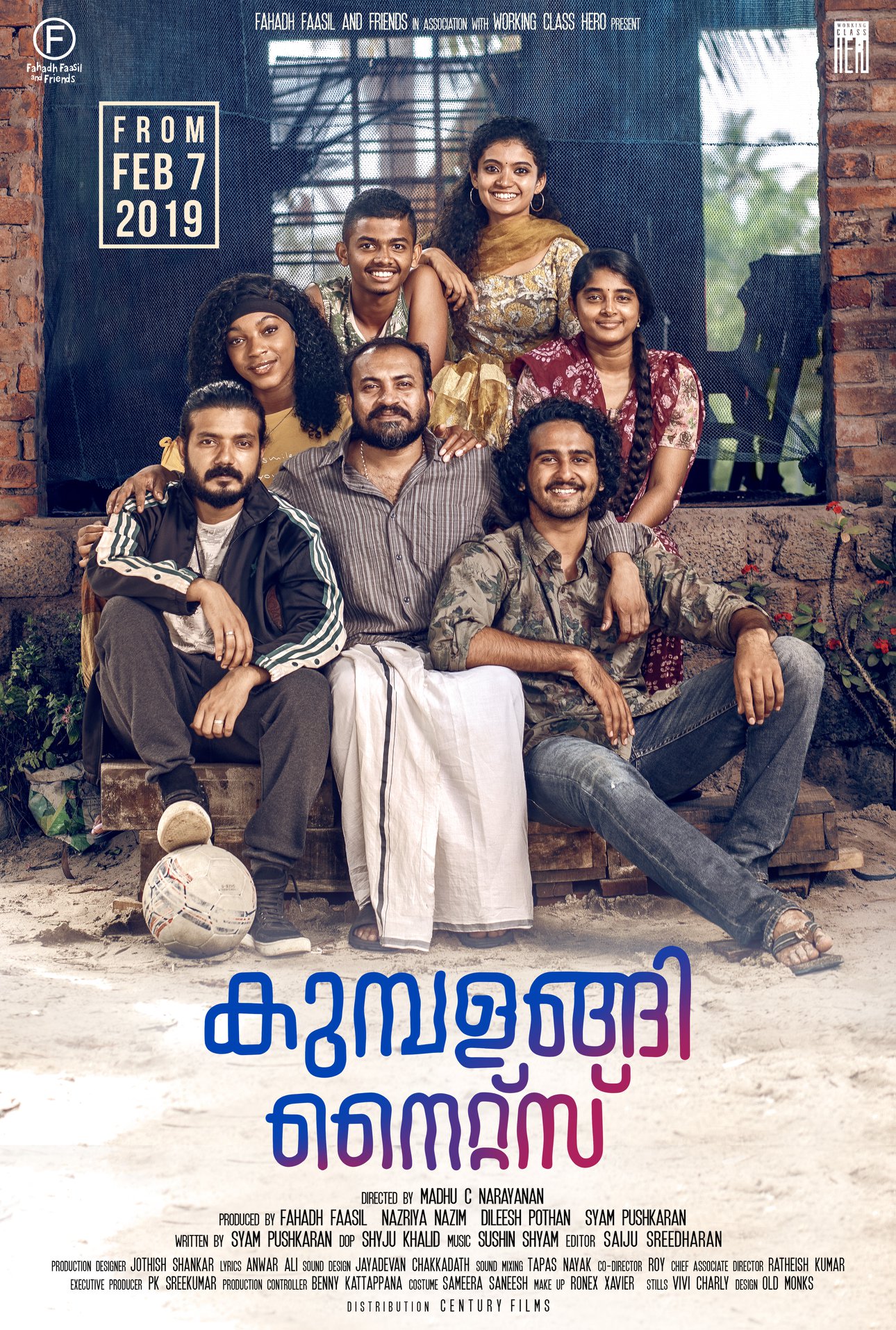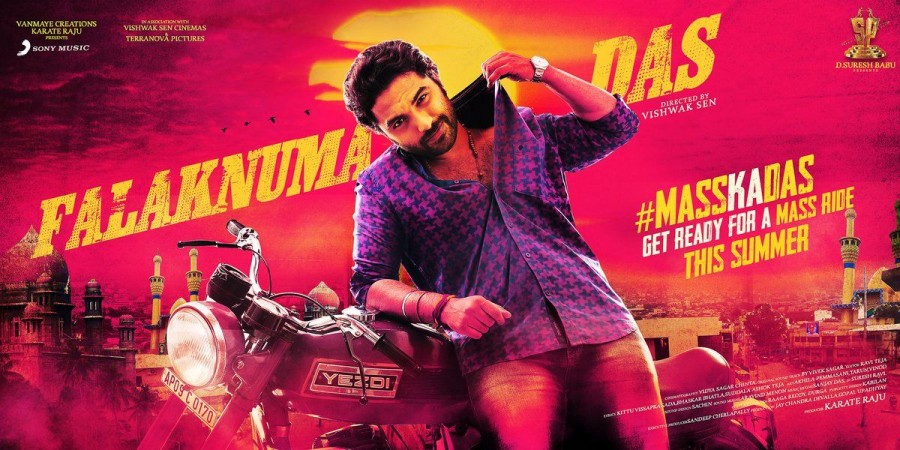It is often said that good cinema
is a conversation between a movie and its viewers. It can not only transcend you
to another world, but also leave its imprints when you are back to reality. Some
movies become bed-time stories for kids, while some become vehicles for fans to
rever their ‘stars’. Yet, there are some movies which have a calming and
soothing effect on you. Commonly referred as ‘feel-good’ cinema (never really
understood the origin of it!?), every cinephile has a set of movies that they keep
going back to, probably to ‘feel good’ and cleanse the fatigue caused by life
(and watching a variety of other cinema). Simply put, it’s the ‘reset button’
that restores you to ‘default settings’.

In my long list of favourites, Gautham
Menon’s Ye Maaya Chesave (YMC) comes
right at the top. After a long & tiring day at work, give me A R Rahman’s melancholy-filled
beautiful soundtrack and the raw chemistry between the naïve and new, Samantha
and Naga Chaitanya, and you have me sorted! If one isn’t a sucker for slow-burning
love stories, YMC may seem slow and insipid. But, if one is patient with this
movie, it most certainly grows on you.
YMC came out in 2010, when I wasn’t
clued in enough about Telugu movies. Bollywood was Bae then. On a lazy
afternoon with nothing better to do, I decided to watch YMC only because I saw A
R Rahman’s name on the poster. Mind you, this was the 8th or 9th
week after its release and I hadn’t even heard a single song or seen its
trailer. It was a noon show in an almost empty screen at Cine Planet, Kompally,
Hyderabad (I reckon it has become Asian Cinemas now). The fact that I had zero
expectations helped YMC take over me completely over the next two and half
hours.

Rahman’s magic begins with the
soothing instrumental version of Hosaana,
played along with the opening credits. After meandering through the backwaters
of Alleppey, we are taken to a church where the leads are introduced to us in
the backdrop of a wedding. A young boy (Naga Chaitanya) in the guests begins
with the movie with a question that essentially becomes the recurring question (for
the viewers as well) – Prapancham lo inta
mandi ammayilu undaga, nenu Jessie (Samantha Akkineni) ne enduku preminchanu?
Aah! The wails of a broken heart! It is quite clever of Gautam Menon (also the
writer) to set the theme right in the first scene itself. Because the rest of
the movie revolves around you trying to decipher and decode Jessie.
We are quickly taken back in
time. Karthik (Naga Chaitanya) is a mechanical engineer with keen interest in
film-making. While trying his luck in the films, he falls for his Christian Malayali
landlord’s daughter, Jessie. Jessie, two years older than Karthik, is an
obedient daughter who wears cotton sarees to work and is raised in a family
that considers movie-watching a sin! But, fate makes Karthik fall for Jessie in
the first sight itself! But you cannot blame him. The stunning cinematography
by Manoj Paramahamsa can make anyone fall in love with the beautiful girl
walking awkwardly in a blue cotton saree. Just like Karthik, even the viewers
are in trance and A R Rahman’s soulful music only pushes one further into it. Very
few contemporary directors (other than the late Yash Chopra) romanticize the
beauty of their heroines the way Gautham Menon does. Jessie is one such epitome
of beauty and grace.
Along with the opposing the couple,
Gautham Menon layers YMC with a highly confused and complex character, that of
Jessie. Her stoic and unaffected face acts as a perfect façade for her internal
turmoil. While she likes Karthik, she cannot admit it fearing the wrath of her
domineering father. She first rejects Karthik, berates him, walks out on him.
But then, she also breaks her wedding and feistily admits her love. A moment she
appears calm & patient and the next moment she impulsively breaks up with
Karthik. None of this makes her look demented. She is a victim of her
circumstances and ends up messing up two lives – hers and Karthik’s. You root
for them when Shreya Ghoshal mellifluously sings ‘Vintunava’ and we see Jessie & Karthik unite. You root for them
harder when a sinful ‘Aaromale’ plays
to the backdrop of their separation and estrangement.
The makers deserve a pat on their
back for writing such a layered character and then trusting a complete newcomer
with it. It is an undeniable fact that the fresh leads appear unbaked in their
skills as actors. While many may disagree with me, I think their raw chemistry
and unpolished acting skills add to the depth of their characters – they are two
young and confused people torn by love.
Another reason why the movie
worked for me is that it ended on a positive note. For such a melancholic story
of love and separation, when the estranged lovers meet in Central Park, New York,
you can’t help but root for them! Speaking of which, the sequence between the
two in Central Park is one of the best scenes in the movie. (I know the dialogues
of this scene by heart!). The shock to see your beloved after a sudden
separation and then the small talk to break the ice is captured brilliantly! The
vastness of Central Park complements their palpable sexual tension. When an
impulsive Jessie agrees to marry Karthik, almost as impulsively as she breaks
up with him over a text, one tends to forgive her! This high that the viewers
get at the end is a perfect reward for staying through their love story.
Fortunately, Gautham Menon altered the sad end from the Tamil original and am
glad he did!
I write this as I watch Yem Maaya
Chesaave for the millionth time. After a long day at work, on the eve of
Gautham Menon’s next release, Enai Noki
Paayum Thota, I want to reset myself with this ‘feel-good’ movie.




